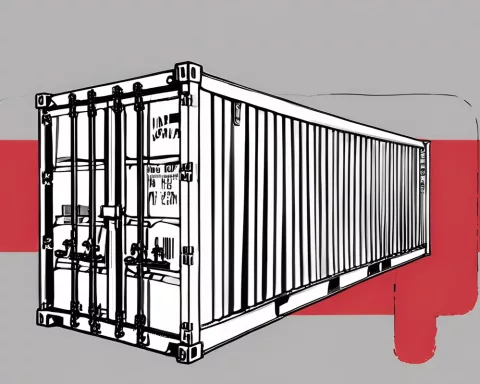Investigative journalism agency AmaBhungane is currently involved in a legal battle against a “gagging” order imposed on them in the Moti Group case. The order, which restricts their reporting on the case, is being contested by AmaBhungane, who argue that it is an example of bullying and a strategic litigation against public participation (SLAPP) suit.
Intimidation of the Media
Advocate Steven Budlender asserts that the Moti Group is attempting to intimidate the media and hinder their ability to do their job. The group, backed by deep pockets, is seeking to silence AmaBhungane by imposing a gag order on their reporting.
Background of the Case
The case began when Judge John Holland-Muter issued an ex parte order instructing AmaBhungane’s journalists to return all leaked documents within 48 hours. These documents served as the basis for their series of articles called “# MotiFiles.” The journalists also faced a gag order preventing them from using these documents to report on the Moti Group until a return date in October.
AmaBhungane brought an urgent application to set aside the order for the documents’ return. The case was then brought before Gauteng Deputy Judge President Roland Sutherland, who heard arguments from both sides.
Allegations Against AmaBhungane
The Moti Group alleges that the documents were stolen by former legal consultant Clinton van Niekerk. They claim that AmaBhungane had become a party to Van Niekerk’s crime since the documents were privileged and confidential. The group argued that journalists had no right to the documents or to report from them.
Judge Sutherland’s Decision
Judge Sutherland dismissed the Moti Group’s attempt to amend the relief it had sought from Judge Holland-Muter through a “counter-application.” The amended application requested that AmaBhungane return the documents to the Moti Group’s lawyers, who would determine what could and could not be reported. Any disputes between the parties would then be adjudicated by a judge.
Advocate Vincent Maleka insisted that this was a compromise that could be considered. However, Judge Sutherland questioned what Judge Holland-Muter had considered when making the ex parte order. He noted the communication between the parties and pointed out that AmaBhungane had provided an undertaking not to destroy the documents.
Budlender’s Argument
Advocate Budlender argued that the Moti Group had not justified their decision to go to court ex parte, calling it a patent abuse. He also pointed out that the Cyber Crime Act had not been featured. Budlender called for the entire order to be dismissed with costs “on the highest scale possible” against the Moti Group.
Submissions from Amicus Curiae
In addition to AmaBhungane’s case, submissions were made by amicus curiae: The South African National Editors Forum, Media Monitoring Africa Trust, Campaign for Free Expression, and Corruption Watch.
Judge Sutherland has reserved judgment and intends to deliver his decision no later than Monday.












